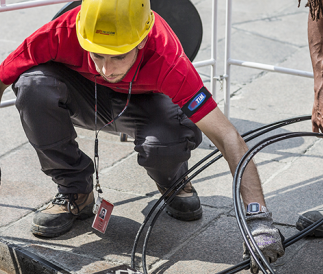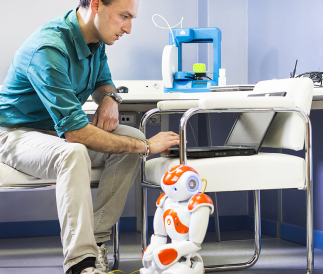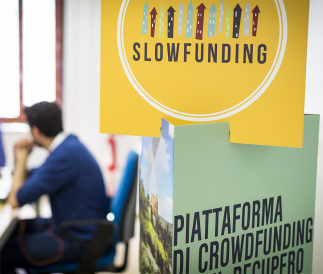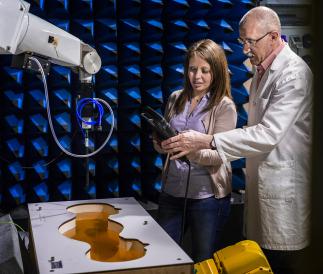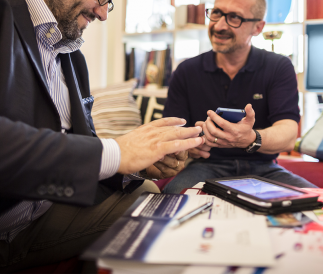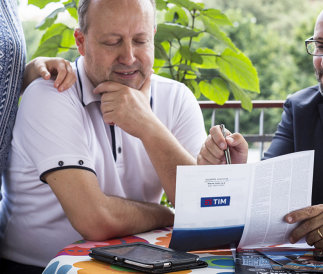Energy efficiency
The concept of efficiency pertains to the relationship between the inputs of a production process and the outputs sought by that process.
Energy efficiency in the ICT context has economic and environmental relevance in terms of managing the energy required. The energy requirement and consequent consumption of the Domestic BU stands at around 2.2 TWh per year and TIM is the second biggest electricity consumer nationally.
The topic of energy efficiency takes centre stage as regards the environmental sustainability of our company and the related project is capable of generating economic value for the Group (Business Value) and social value for the community (Social Value) expressed in terms of environmental protection and the capacity to innovate.
Protecting the environment, improving energy efficiency and offering services that reduce emissions of greenhouse gases and other pollutants are the main intervention policies adopted by the TIM to promote sustainable development in its areas of influence. Specific actions are therefore taken, aimed at reducing its environmental impacts and offering technological solutions aimed at individuals, businesses and public administration for the creation of a more inclusive and viable digital society. These are the fundamental principles that inspired all the Group companies: optimising the use of energy sources and natural resources; seeking to improve energy/environmental performance, minimising negative impacts and maximising positive ones; adopting purchasing policies with suppliers that are sensitive to environmental themes; dissemination of the correct approach to environmental issues. TIM is equipped with an Environmental Management System (EMS) certified according to standard ISO 14001. In some situations the EMS is integrated with the Quality Management System based on ISO 9001 standard as well as with the Security Management System based on OHSAS 18001 standard. For some sites certification of the Energy Management System based on standard ISO 50001 was obtained, which establishes the requirements of organisation and management models aimed at the continuous improvement of energy efficiency, and promotes the best energy management practices, supporting projects and initiatives to reduce greenhouse gas emissions. The Group measures its own energy efficiency by using an indicator that establishes a relationship between the service offered to the customer in terms of bits transmitted and the company’s impact on the environment represented by joules of energy consumed. The factors taken into consideration are the amounts of data and voice traffic of the fixed and mobile networks and energy consumption for industrial purposes, domestic purposes and vehicles.
Energy Efficiency Certificates (EEC) were also awarded in 2016, for a total of 10 approved projects, corresponding to an estimated financial value, over 5 years, of around 4 million euros. The certificates, also known as white certificates, certify the achievement of energy savings in the final use of energy through measures to increase virtuous energy efficiency as the performance is better than the national average. Total revenues from EECs sold in 2016 came to approximately 19 million euros.




